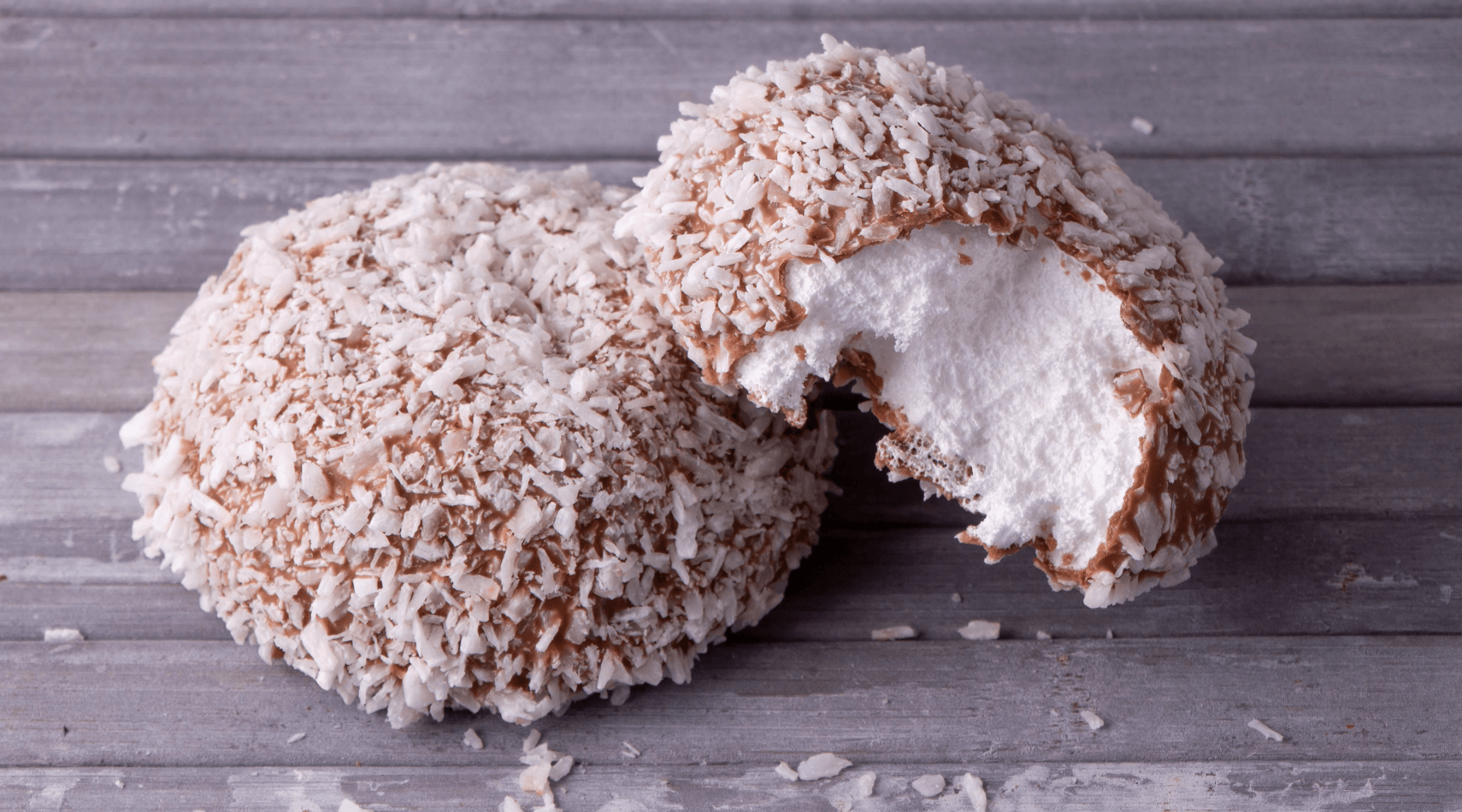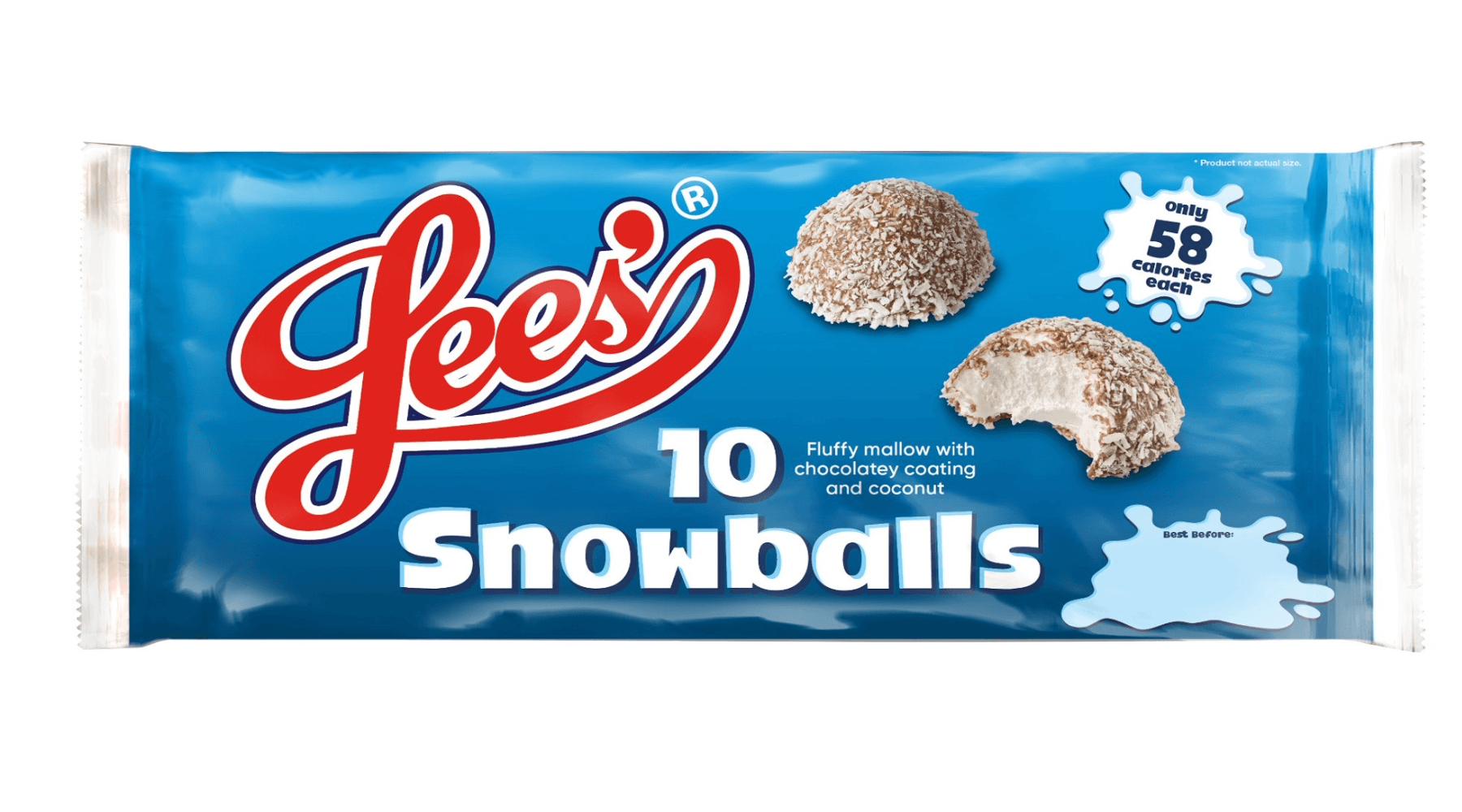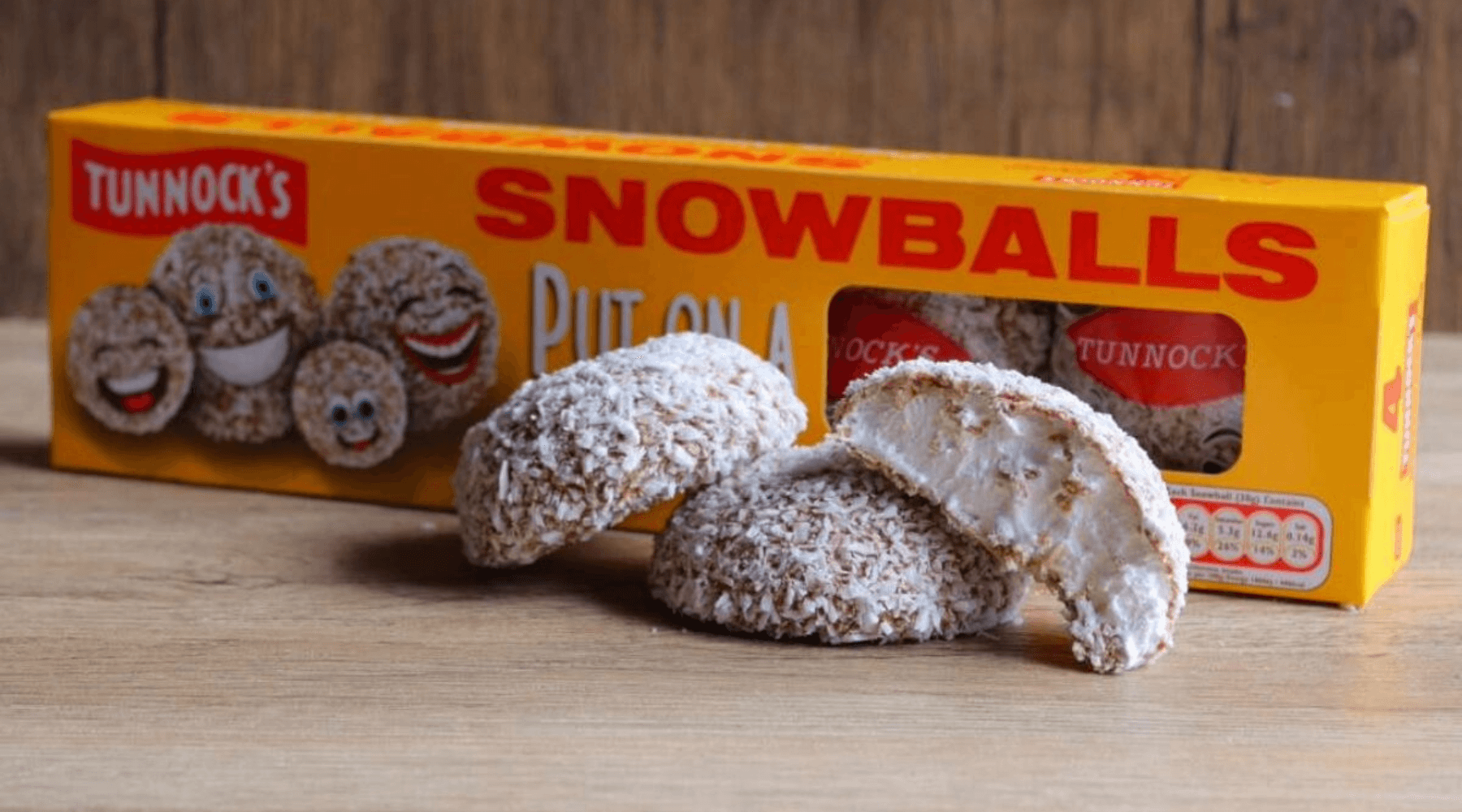The Snowball Tax Case: A Look Back at the 2014 VAT Ruling
Posted by Emma on 20th Oct 2024 Reading Time:
In 2014, two iconic Scottish confectionery companies, Lees of Scotland and Tunnock’s, found themselves at the heart of an unexpected legal battle. The question? Whether their beloved Snowballs—fluffy marshmallows coated in coconut—should be classified as cakes or confectionery for VAT purposes. The outcome of this debate carried significant financial consequences, with a combined £2.8 million tax bill at stake. This case became a critical example of how fine distinctions can lead to major tax implications for businesses dealing with VAT.

The VAT Dispute Unfolds
The issue arose when HM Revenue and Customs (HMRC) argued that Snowballs were standard-rated confectionery, subjecting them to a 20% VAT charge. In contrast, Lees and Tunnock argued that their Snowballs should be classified as cakes, which are VAT-exempt in the UK. The difference might seem small, but it had enormous implications for the companies, with Lees facing a potential £2 million tax bill and Tunnock’s another £800,000.
Refusing to accept HMRC’s stance, both firms took the matter to the First-tier tax tribunal, where the ultimate decision hinged on whether a Snowball had the characteristics of a cake or confectionery.
The Unusual Tribunal Hearing
What made this tribunal case particularly interesting was the unconventional approach taken to determine the nature of a Snowball. Judges at the tribunal were presented with a plate of treats, including Jaffa Cakes, Bakewell tarts, tea cakes, and the controversial Snowballs. This ‘taste test’ aimed to determine how Snowballs compared to other cakes and sweets, not just in terms of ingredients but also in texture, mouthfeel, and how they were typically consumed.
Judge Anne Scott, who presided over the case, observed that the plate “looked like a plate of cakes.” After sampling the items, the judge noted that a Snowball “has the mouth feel of a cake” and would not look out of place alongside other baked goods. This similarity to cakes, combined with the fact that Snowballs are often eaten sitting down with a napkin or plate, led the tribunal to rule in favour of Lees and Tunnock’s.

Why Did This Matter?
The case wasn’t just about a sweet treat—it was about how definitions in tax law can have a massive impact on businesses. By successfully arguing that Snowballs should be classified as cakes, Lees and Tunnock secured a significant VAT rebate and avoided hefty tax bills. The ruling also set a precedent for other food companies, showing how even small differences in classification can lead to significant financial outcomes.
VAT rulings like this are crucial for many businesses in determining product pricing and profitability. A ruling favouring HMRC would have increased costs for the companies, which could have affected their pricing strategy and, ultimately, their bottom line. This case highlights the importance of understanding how tax law applies to products, especially when those laws might seem ambiguous or open to interpretation.

Reflecting on the Case
Looking back at this case from 2014, it remains a fascinating example of the complexities of VAT. While it might seem like a trivial question—whether a Snowball is a cake or confectionery—the financial implications were insignificant. For those in the food industry, this ruling serves as a reminder of how important it is to stay on top of VAT classifications.
It’s also a great illustration of how tax disputes can sometimes take unusual turns. Who would have thought that a plate of cakes and a taste test could determine the outcome of a multi-million-pound tax case?
Even today, nearly a decade later, the Snowball case is still cited in discussions about VAT law, and it continues to resonate with those who follow the ins and outs of tax rulings. Whether you’re in business or just have an interest in the quirks of VAT, the Snowball case offers a reminder that sometimes, even the most everyday items can spark significant legal debates.

